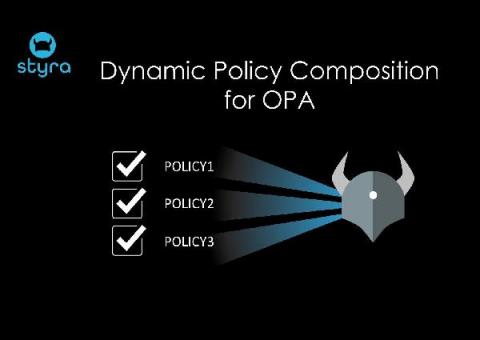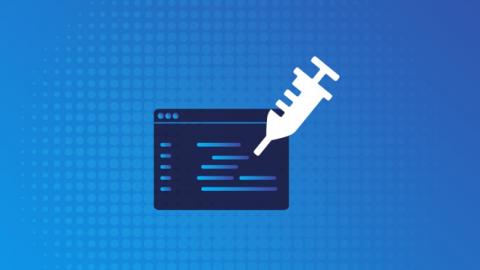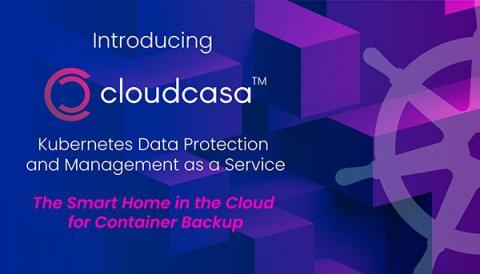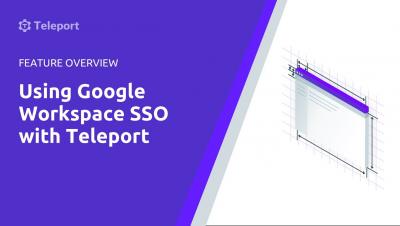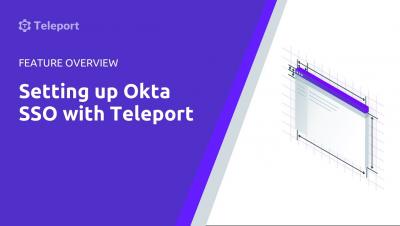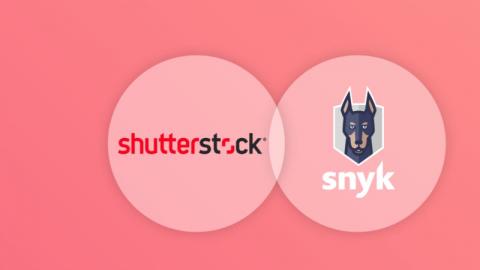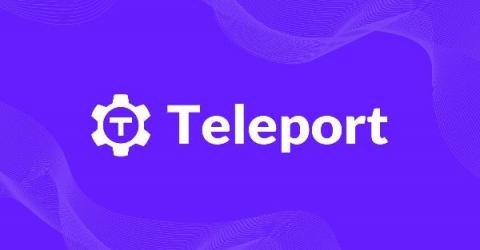Dynamic Policy Composition for OPA
A question that comes up every now and then is whether it’s possible to compose policies based on dynamic attributes provided with the request when querying Open Policy Agent (OPA) for decisions. Could we for example provide a group, team or role name as part of the input and have OPA evaluate all policies provided for that group, team or role, but no additional policies other than those? Imagine you have several teams in an organization, each of them with their own responsibilities.


